Long-term measurements document sea level rise in the Arctic
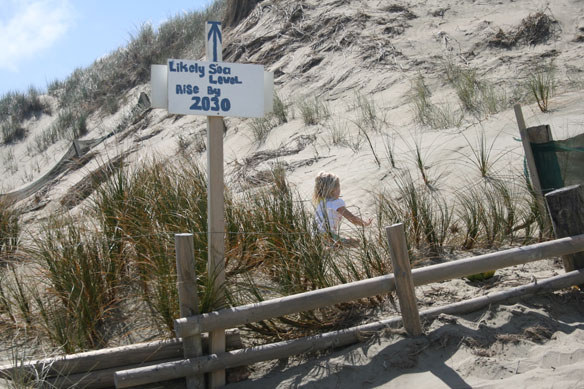
Over the past 22 years, sea levels in the Arctic have risen an average of 2.2 millimeters per year. This is the conclusion of a research team after evaluating 1.5 billion radar measurements of various satellites using specially developed algorithms.
The California coast is disappearing under the rising sea. Our choices are grim
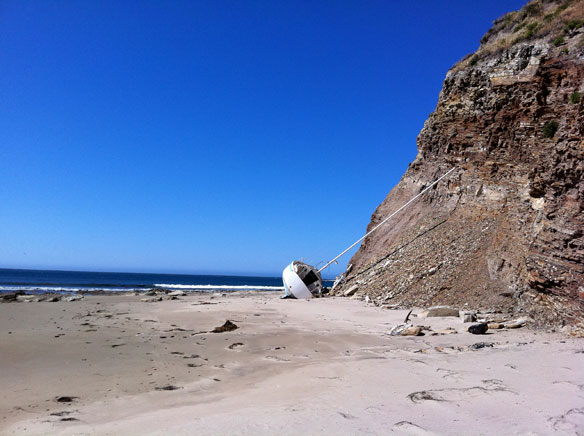
While other regions grappled with destructive waves and rising seas, the West Coast for decades was spared by a rare confluence of favorable winds and cooler water. But lines in the sand are meant to shift. In the last 100 years, the sea rose less than 9 inches in California. By the end of this century, the surge could be greater than 9 feet.
What happens when a country drowns? These 5 island nations will disappear first
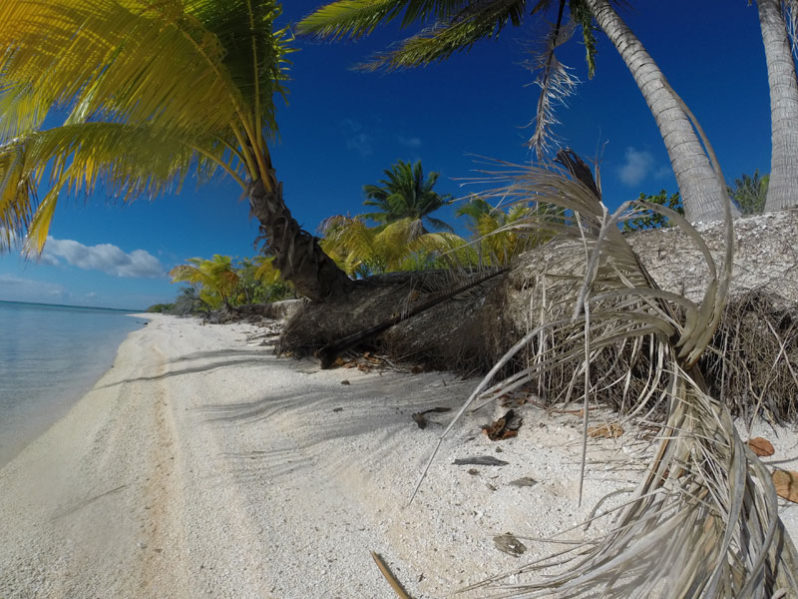
Global climate change is endangering small island countries, many of them developing nations, potentially harming their ability to function as independent states.
Coastal Hazards & Targeted Acquisitions: A Reasonable Shoreline Management Alternative: North Topsail Beach, North Carolina Case Study
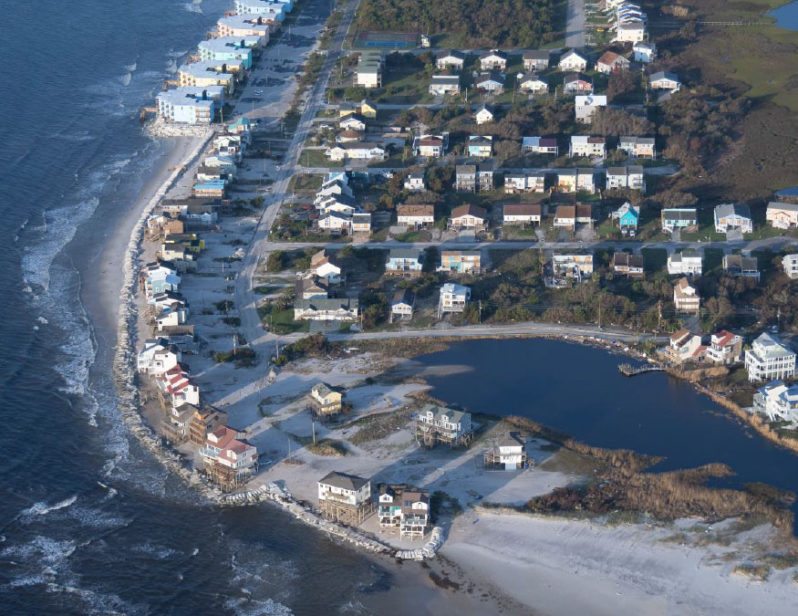
This study is the first of several case studies to be released by the Program for the Study of Developed Shorelines examining the feasibility and economics of targeted acquisition strategies in oceanfront, resort communities. Buyouts of vulnerable properties have become an increasingly popular tool for reducing future exposure in flood-prone communities across the U.S.
On Java’s Coast, A Natural Approach to Holding Back the Waters

The Indonesian island of Java has lost 70 percent of the mangroves that once protected its coast from erosion and flooding. Now villagers are using natural wooden barriers to try to restore the mangrove forests and save their lands and homes from being washed away.
Indonesia plans to relocate its capital from Jakarta
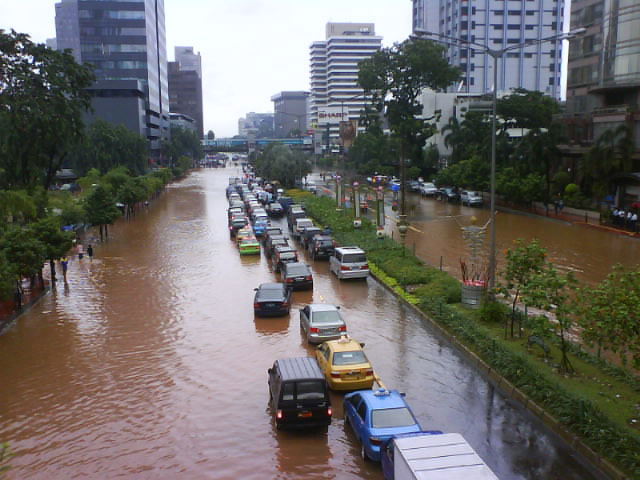
Indonesia plans to move its capital city from Jakarta, according to the country’s planning minister. Jakarta is home to more than 10 million people according to the United Nations, with an estimated 30 million in the greater metropolitan area. The nation is prone to flooding and is sinking at an alarming rate.
Antarctica’s Effect on Sea Level Rise in Coming Centuries
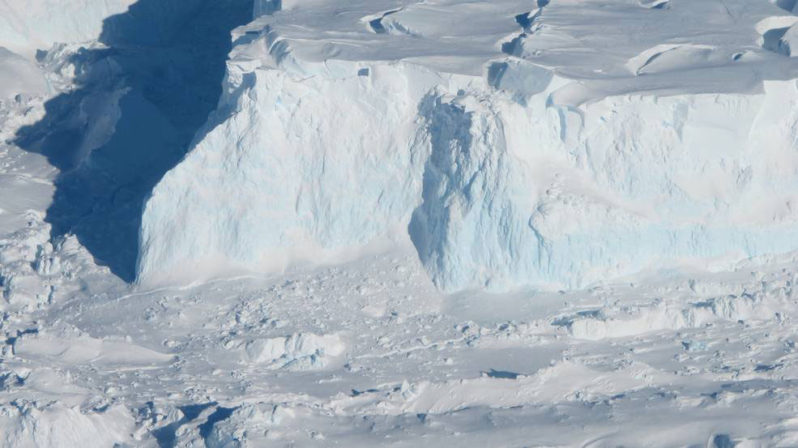
There are two primary causes of global mean sea level rise — added water from melting ice sheets and glaciers, and the expansion of sea water as it warms. The melting of Antarctica’s ice sheet is currently responsible for 20-25% of global sea level rise.
Even Antarctica’s Coldest Region Is Starting to Melt
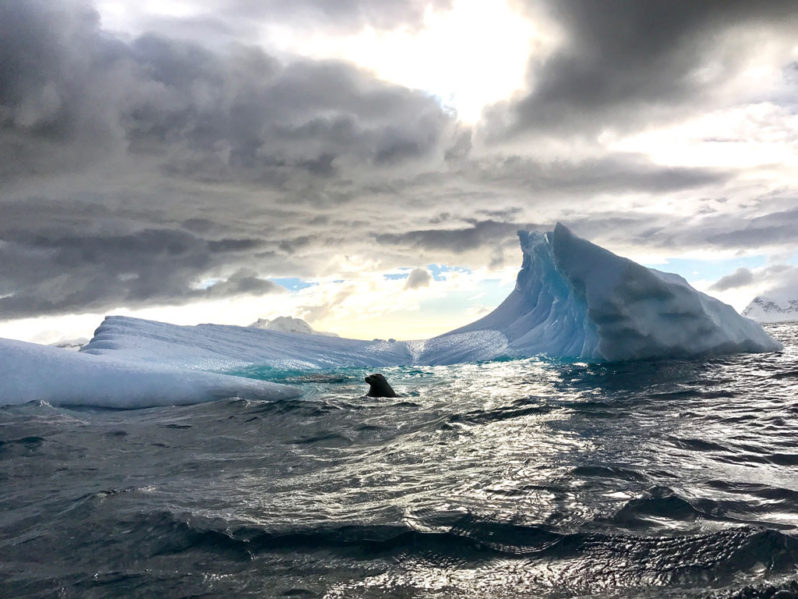
East Antarctica is the coldest spot on earth, long thought to be untouched by warming. But now the glaciers and ice shelves in this frigid region are showing signs of melting, a development that portends dramatic rises in sea levels this century and beyond.
A French beach cleared of homes shows NC the way; By Orrin H. Pilkey
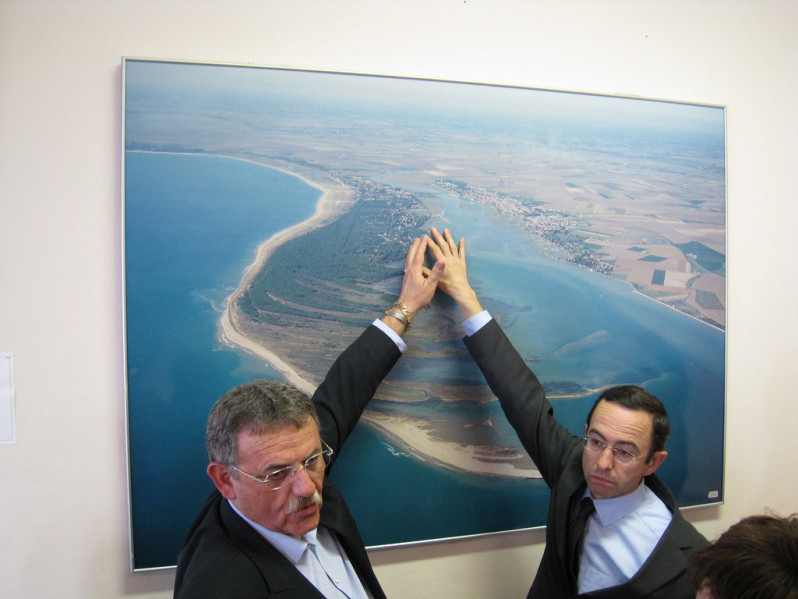
Surprising to me, the French are ahead of the United States, and particularly ahead of North Carolina’s policies on preparation for the rising sea’s impact. The problems of the French coast are much like the problems of the Carolinas.
